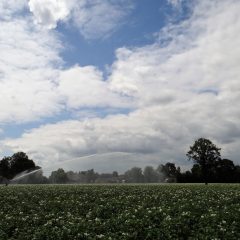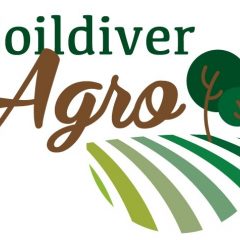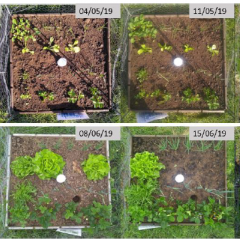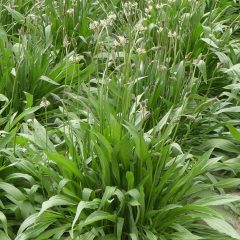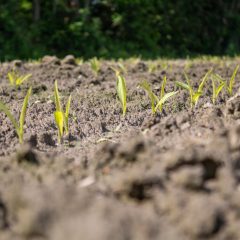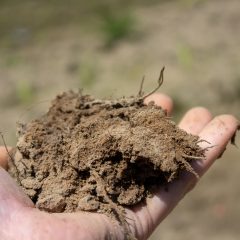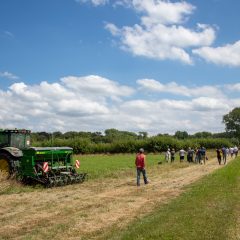Research project FABulous Farmers employ Functional Agrobiodiversity as a nature-based solution to reduce use of natural and material resources, delivering benefits for farmers, society and the environment in the NWE.
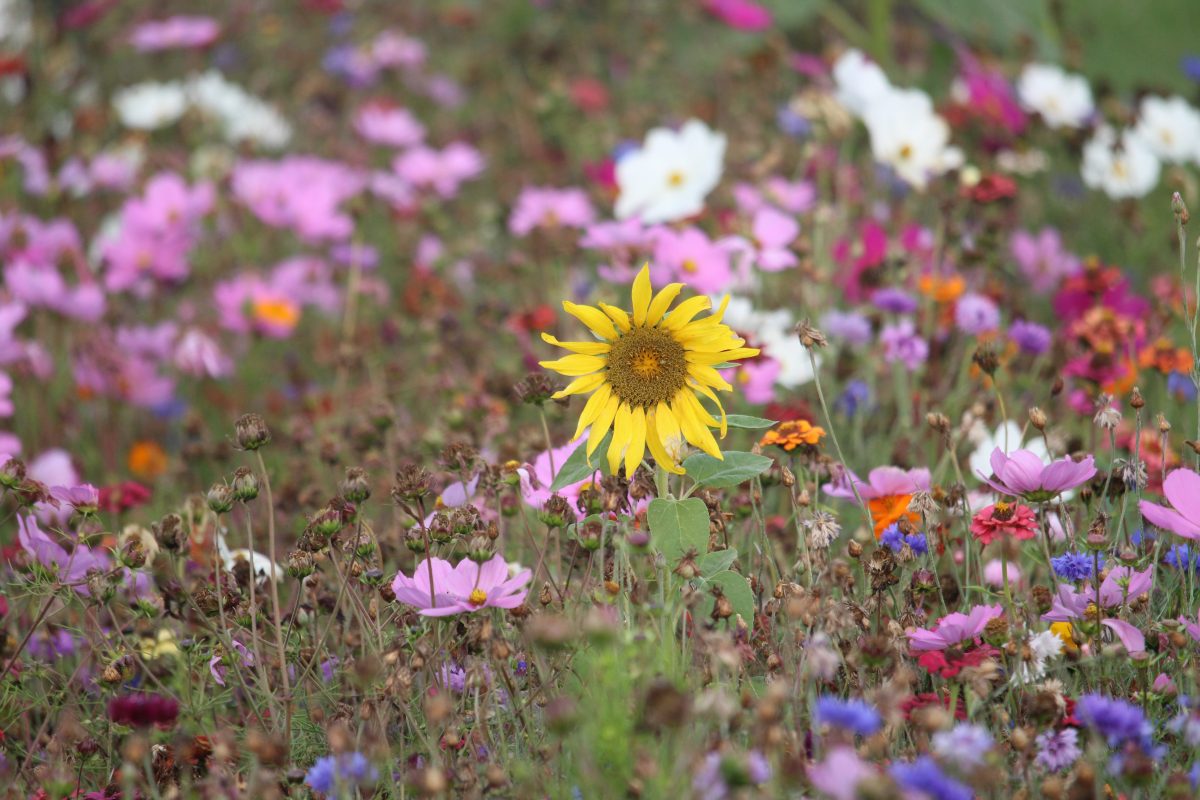
General introduction
FABulous Farmers (where FAB stands for Functional Agrobiodiversity) stimulates farmers to transition towards more agro-ecological practices on their farm. The project is active in in 5 countries (BE, NL, LUX, FR & UK) in a total of 12 pilot regions. FABulous Farmers aims to reduce the reliance on external inputs, like chemical fertilizers and pesticides, by increasing the use of functional agrobiodiversity (FAB). In this way, farmlands can improve their pollination, pest management, soil and water quality. One example is to plant flowering borders that attract beneficial insects.
Research approach
We brought local farmers together and provided them with knowledge to implement such agricultural practices. Other stakeholders in the landscape (landowners, managers of public green spaces) were also involved in exchanging experiences and ideas during networking events. ILVO supported the farmers' networks in the pilot areas and focused on the knowledge that farmers need. Because the modified approach in agricultural production can be reinforced by similar adjustments in the management of the broader landscape around the agricultural fields, ILVO also coordinated initiatives where, for example, municipalities, individuals, or landowners strategically focused on promoting FAB effects. Finally, local communities were also involved through citizen science. Using various tools, ranging from apps to square-meter gardens, citizens, along with farmers, monitored the effects of the applied FAB measures. In addition, various activities were organized, such as walks, bike rides, and film nights, to connect farmers and citizens around the theme of agrobiodiversity.
Relevance/Valorization
Existing and new knowledge and practical experiences on FAB were bundled, deepened and exchanged between farmers, scientists, citizens and policymakers in the 12 pilot areas spread across 5 countries. The results were also forwarded to policymakers to strengthen agricultural policy.
Financing
Interreg North-West Europe


